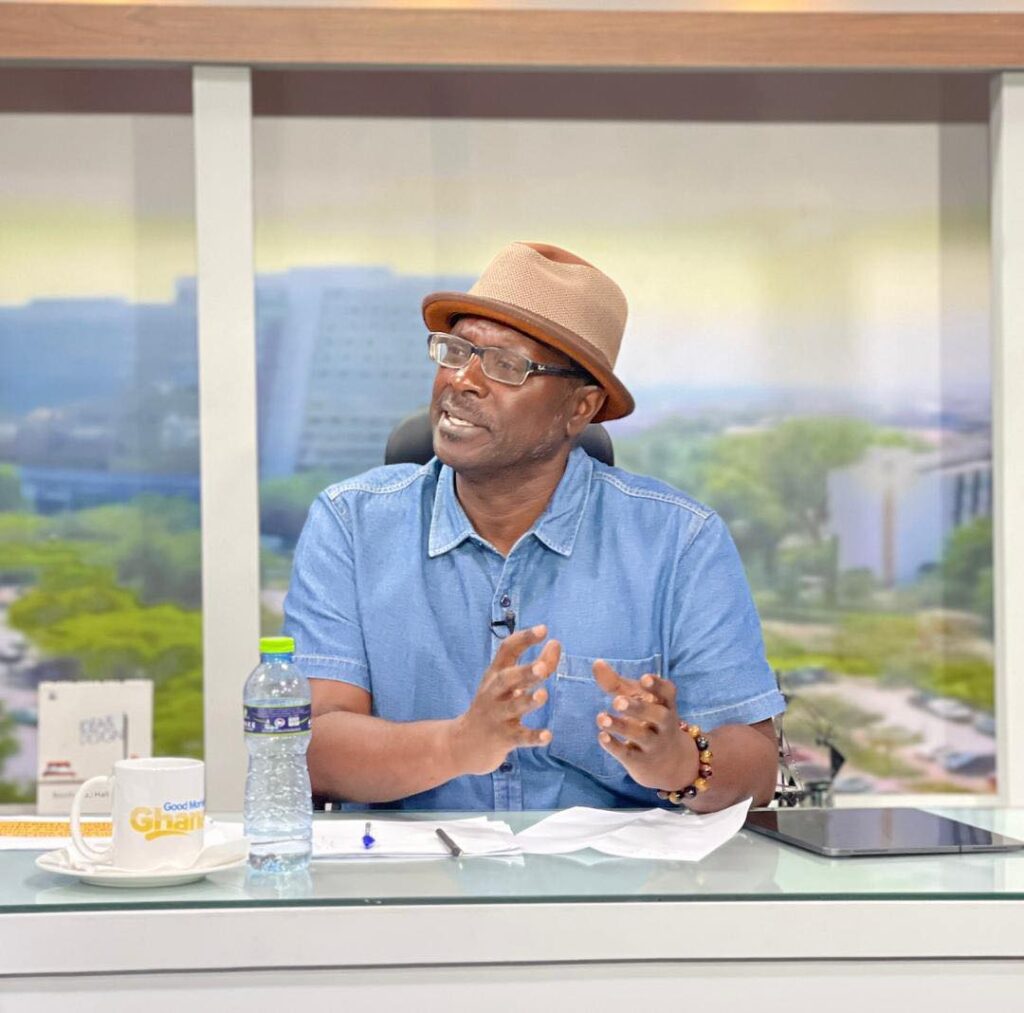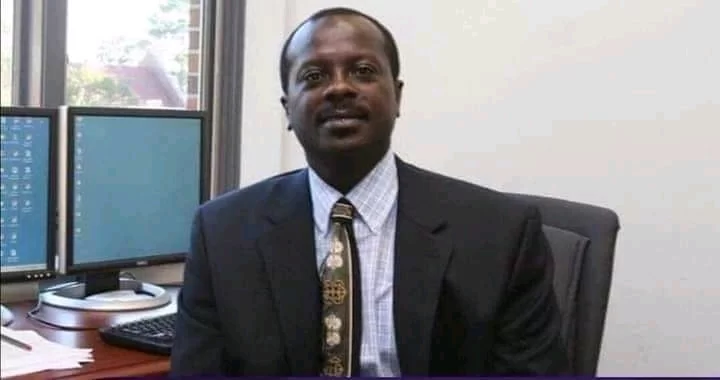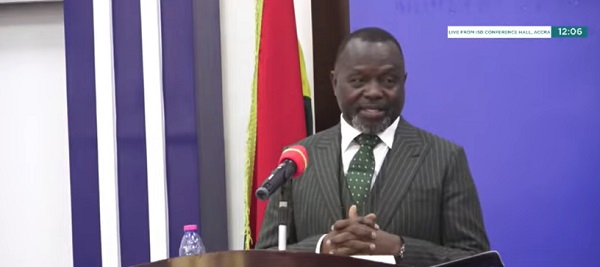A Democracy and Development Fellow at the Centre for Democratic Development-Ghana (CDD-Ghana), Professor Stephen Kwaku Asare, has called on the Attorney-General Dr Dominic Akuritinga Ayine to provide further details surrounding the decision to enter a nolle prosequi in the high-profile case of Republic v. Kwabena Duffuor & 7 Others.
Describing the matter as one of “national significance,” the renowned governance advocate insisted that transparency and public accountability must not be sacrificed in the name of prosecutorial discretion.
“While GOGO acknowledges the Attorney-General’s constitutional discretion under Article 88 and appreciates the effort to provide some justification, we respectfully seek further clarification to foster transparency and public confidence in the process, especially in a matter of such national significance.”
Professor Stephen Kwaku Asare
Professor Asare began by asking whether the discontinuance was grounded in Section 35 of the Courts Act, 1993 (Act 459), which permits a discontinuance of prosecution based on restitution under judicial supervision.
If so, he queried, did a court-supervised the settlement undertake, and is there a corresponding court order approving the terms of recovery and discontinuance, as the law requires.

If the nolle prosequi was based solely on the Attorney-General’s discretion, Professor Asare contended that such discretion, while legally permissible, “must be exercised transparently, non-capriciously, and in a manner consistent with the public interest.”
Calls for Clarity
In that vein, he demanded clarity on key aspects of the decision-making process. Among his specific inquiries were the identities and roles of the “relevant State agencies” cited in the press release that collaborated to determine and verify the 60% asset recovery threshold used to justify the discontinuance.
“How was the 60% recovery threshold determined? What methodology was used to value the losses and the recoveries? Were interest and time value of money principles taken into account?”
Professor Stephen Kwaku Asare
Additionally, he wanted to know whether the same recovery yardstick had been uniformly applied in similar prosecutions.
The CDD-Ghana Fellow also pressed for clarity on the timing and nature of the recoveries: whether the recovered value came in the form of cash, assets, or legal undertakings, and what measures have been put in place to ensure the recoveries are both secure and irreversible.
“How prolonged were the negotiations? Over what period did these discussions occur? Were they conducted transparently, and were the Auditor-General or any external auditors, civil society observers, or victims consulted?”
Professor Stephen Kwaku Asare
Central to the seasoned good governance advocate’s concerns was the question of democratic oversight. He argued that if the discontinuance of such a high-profile case is to command legitimacy, Parliament must be fully apprised of the settlement details.

“Will Parliament be apprised of the full terms of the settlement and recovery? In the interest of democratic oversight, will details of the agreement, valuations, and benchmarks be shared with the relevant committees?”
Professor Stephen Kwaku Asare
Broader Implications
Turning his attention to the broader implications, Professor Asare questioned whether the nolle prosequi decision aligns with the goals of Operation Recover All Loot (ORAL), which promises full recovery of state resources and accountability for financial misconduct.
For him, a 60% recovery may be pragmatic, but it falls short of the full accountability suggested by ORAL, inquiring whether the public can be assured that the remaining 40% is “unrecoverable, or will future efforts continue.”
He also warned of a dangerous precedent being set—that public officials or financial elites implicated in wrongdoing could escape criminal liability through behind-the-scenes negotiations.
Another major concern raised was the lack of clarity around whether similar settlements would be available to others implicated in the financial sector clean-up, and if there is any published policy governing such discretionary actions by the Attorney-General. The CDD-Ghana Fellow urged for consistency, transparency, and publication of clear guidelines.
He further inquired about whether civil or regulatory proceedings against the accused would continue or be discontinued as a result of the nolle prosequi, emphasising the need to prevent unjust enrichment and ensure that public accountability is preserved in every form.
Relevance of Section 35 of the Courts Act
Beyond the particulars of the Duffuor case, Professor used the opportunity to question the broader efficacy and integrity of Section 35 of the Courts Act.

While originally intended to incentivise restitution, the provision, he warned, “has, in some instances, become a loophole for powerful individuals to avoid criminal responsibility through negotiated settlements, often behind closed doors.”
“There is growing concern, as Ghanaians observe these outcomes, that financial crimes are being treated as risk-free activities: loot, negotiate, refund a fraction, walk free. That is not justice. It is impunity dressed in due process. If unchecked, it will corrode public confidence and institutional legitimacy.”
Professor Stephen Kwaku Asare
Professor Asare concluded by commending the Attorney-General’s office for attempting to justify its decision but maintained that only full disclosure, court supervision, and consistent policy enforcement can prevent such actions from eroding the legitimacy of Ghana’s anti-corruption efforts.
“Without these safeguards, such actions, however well-intentioned, risk undermining both the letter and the spirit of Operation Recover All Loot,” he warned.
READ ALSO: BoG Unveils New Guidelines for Exchange Rate Application in the Shipping Industry



















